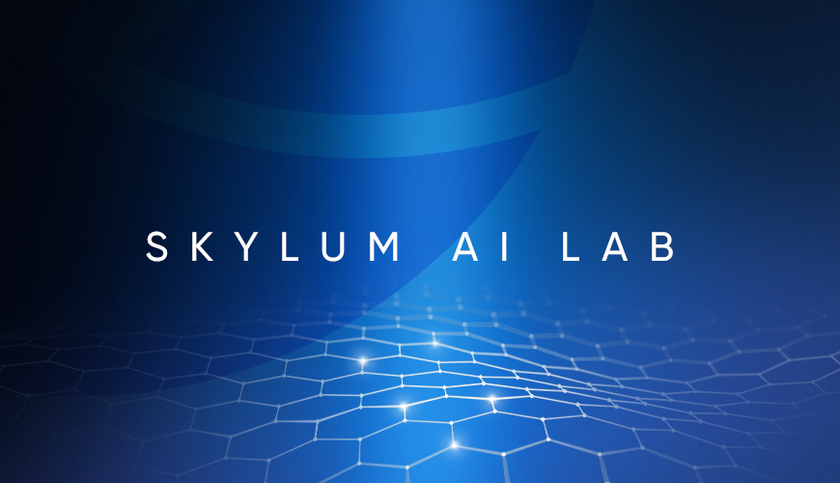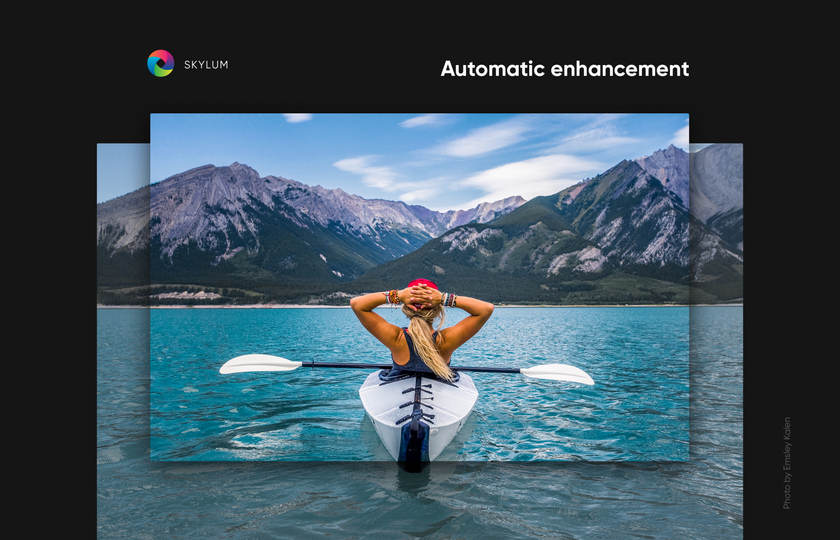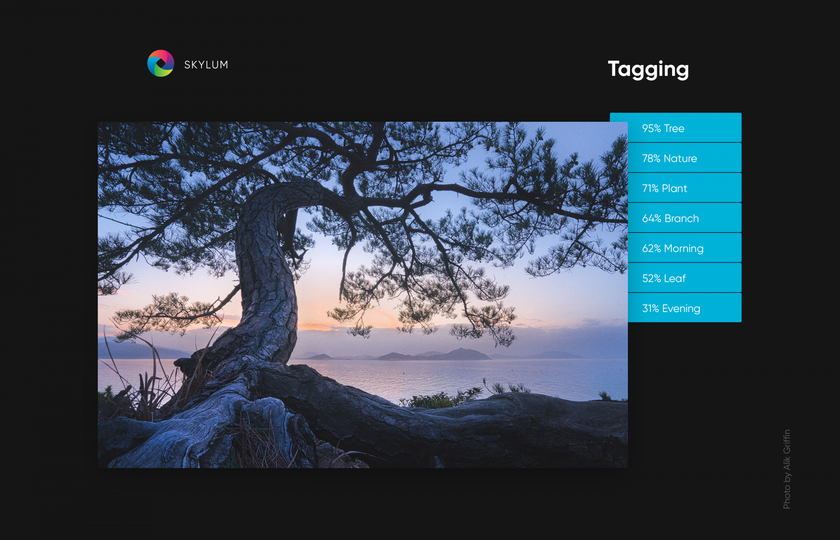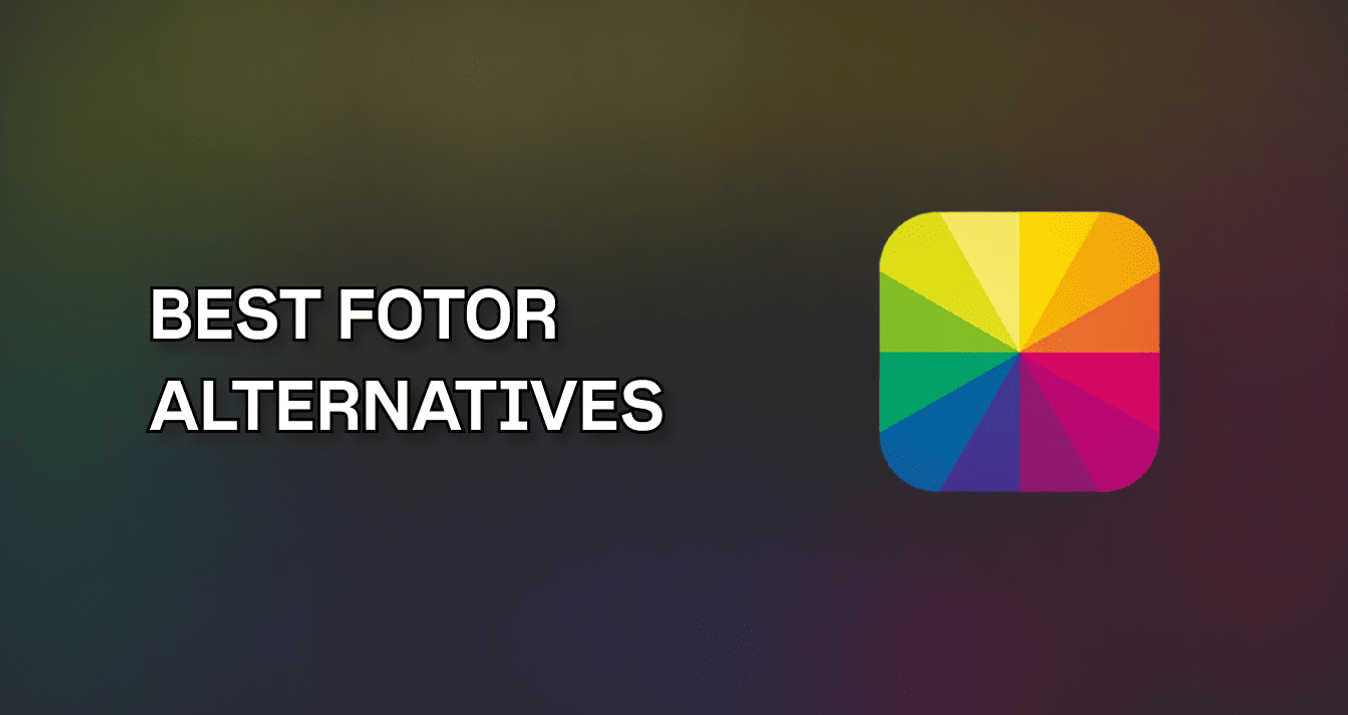Skylum introduces Skylum AI Lab and joins forces with Photolemur
May 22, 2018

Skylum Software doubles down on Artificial Intelligence by creating new Skylum AI Lab and joining forces with leading AI-based image editor, Photolemur
Artificial Intelligence is already a part of the photography world, even if you’re not aware of it. It’s there in every smartphone photo you take, as it works in the background to enhance the quality of your phone camera. It’s there in editing software, to help make the process of enhancing images easier and faster than ever before.
We at Skylum are excited to announce that we are forming a new research and development division of our company – Skylum AI Lab. This new division will work on artificial intelligence, machine learning, and neural networks.
 To oversee this exciting step into the future, we have hired Alex Savsunenko, former CEO of Let’s Enhance, who is a leader in the field of machine learning for visual content. Alex will be heading up the teams involved in managing all our research and development concerning artificial intelligence technologies, machine learning and neural networks.
To oversee this exciting step into the future, we have hired Alex Savsunenko, former CEO of Let’s Enhance, who is a leader in the field of machine learning for visual content. Alex will be heading up the teams involved in managing all our research and development concerning artificial intelligence technologies, machine learning and neural networks.
Also, Photolemur has officially become part of Skylum Software, combining years of experience in artificial intelligence technologies in the context of image processing, and working together to realize the future of photography. The new realization of the app is going to be a cloud solution that will help high-volume users enhance images as a batch process, which will save a great deal of time.

Why Our AI is a Good Thing for Photographers
New technology always takes some getting used to, but as far as photography is concerned AI is not intended to replace the human aspect. Our AI won’t make you any less of a photographer and will help many people see big improvements in their images and less time spent editing. AI won’t decide when, where or how to take the decisive image, or what is the best composition, framing option or lighting situation. It can’t ‘take over’ or take away our artistic decisions either.
What it can do is empower people, help them to unlock their creativity, and produce work they never imagined possible before. Our AI technologies make it possible to get stunning image results that can’t be created with camera settings or ordinary editing.
Here at Skylum, we think AI is going to be the future of photography, and as part of our global plan, we invest heavily in this field to bring you the latest in these technologies. At the moment we have over a dozen networks actively working on different projects, and we are going to launch still more.
Some Exciting AI Technologies to be Brought to you by Skylum
Here’s a glimpse at a few of the projects Skylum AI Lab is currently working on with many more to come:
- Image upscaling technology that uses neural networks to improve low-resolution images and scale them up for superior viewing and printing. This solution works perfectly with older images taken years before on old cameras, as well as with scanned photos to help you keep the memories.
- Auto-enhancement and segmentation help analyze an image, to process it faster and with better results. The advanced algorithm understands which filters would suit different objects or subjects, thus bringing you great results in no time.
- Tagging images is one of the most boring and time-consuming jobs a photographer can do. Our technology that generates tags that describe the image and its objects based on image recognition will be able to do this job for you, leaving you more time to do the things you enjoy.
 All these innovations herald an exciting, brighter future for photography, and Skylum is committed to making photographer’s lives and workflow easier with AI technologies. AI is helping more people to engage in photography and photo editing at entry level, and get great photos without having to spend ages learning how to apply manual changes in luminosity, contrast, color, and exposure.
All these innovations herald an exciting, brighter future for photography, and Skylum is committed to making photographer’s lives and workflow easier with AI technologies. AI is helping more people to engage in photography and photo editing at entry level, and get great photos without having to spend ages learning how to apply manual changes in luminosity, contrast, color, and exposure.
Everyone deserves to realize their vision of beauty in photography, and Skylum’s AI solutions will soon allow more of us than ever before to do that.






